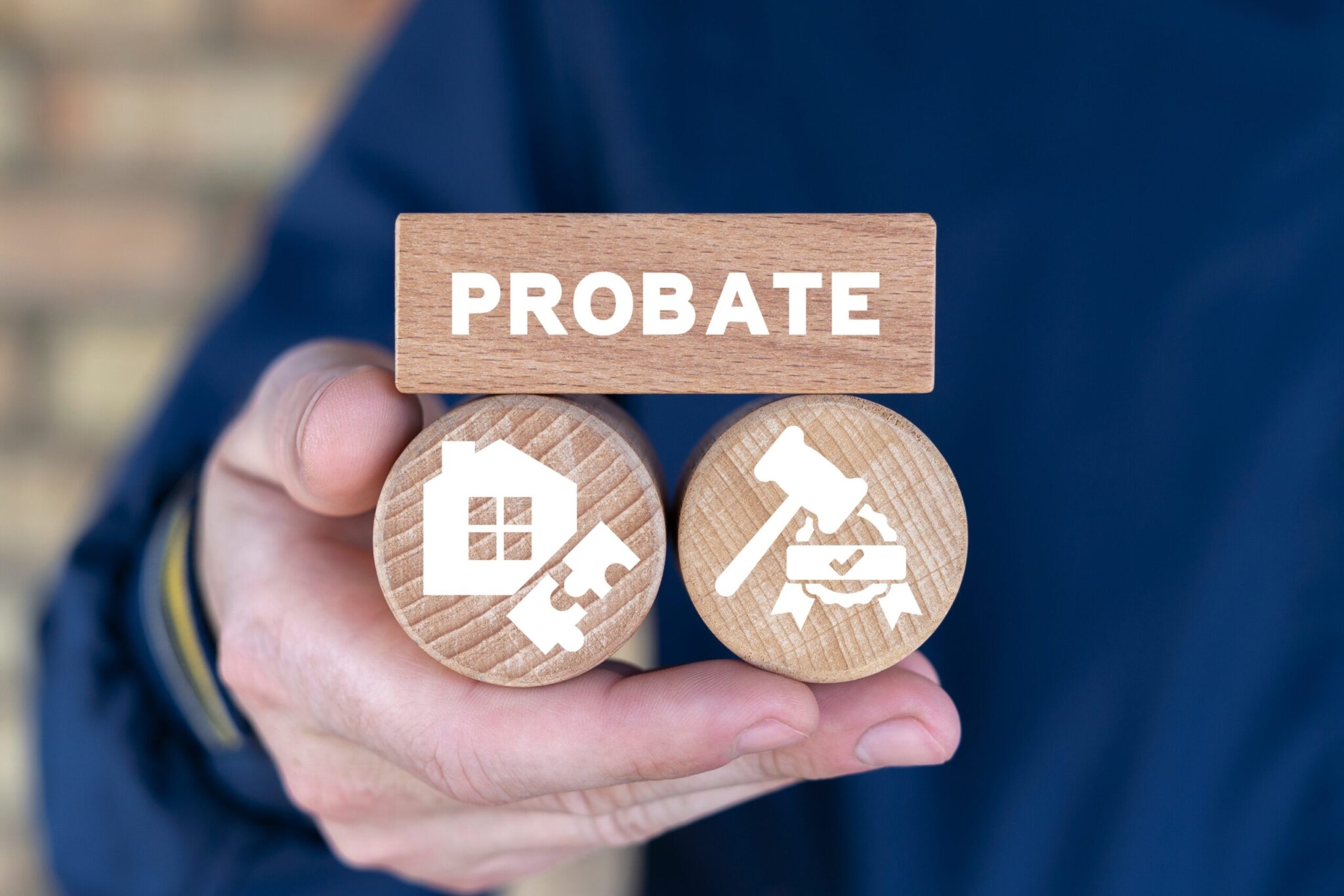
The Houston, Texas probate attorneys at Murray-Lobb routinely represent clients in the Harris, Galveston, Fort Bend, Brazoria, Montgomery, and Chambers County areas.
Our probate and estate planning lawyers have advised our clients in simple and complex probate and estate administration matters for over 35 years and are experienced in every aspect of estate planning and estate administration ranging from the creation of simple wills to complex estate plans and the final closing of estates.
In this article, we will discuss:
- How a Texas probate attorney can help you,
- When it is possible to avoid probate in Texas, and
- The difference between a probate lawyer and an estate planning attorney in Texas.
What Does a Probate Attorney Do?
Murray-Lobb’s Houston, Texas, probate attorneys help our clients navigate the often complex and emotionally draining task of navigating the probate courts, doing everything necessary to protect and preserve your loved one’s assets and make sure they are disposed of according to your loved one’s final wishes.
Depending on the circumstances, this could include:
- Clearing titles,
- Satisfying creditors,
- Negotiating and paying expenses or taxes owed by the estate,
- Identifying and collecting debts owed to the estate,
- Collecting life insurance proceeds,
- Heirship determinations,
- Identifying assets and determining their value,
- Distribution of property,
- Resolving disputes between the executor, beneficiaries, or trustees,
- Preparing and filing any documents required by the probate court,
- Representation at any court hearings,
- Independent administration of alternative probate procedures like muniments of title, and
- The final closing of the estate.
Texas Probate Litigation Attorneys
Although our goal is to resolve disputes without litigation whenever possible, sometimes litigation is necessary.
For example, if there is no will or estate plan, beneficiaries may sue for the money or property they believe they are entitled to receive. Even when there is a will, potential beneficiaries might sue to resolve disputes, challenge the will, or challenge specific provisions in the will.
Can I Avoid Probate in Texas?
You might be able to avoid probate in Texas if you contact your estate planning lawyer now. Once the decedent has passed away, it is most likely too late to craft an estate plan that would allow you to avoid probate court.
Some ways that we can avoid probate in Texas include:
- Creating living trusts,
- Creating bank accounts designated as “payable on death,”
- Using “transfer on death” deeds,
- Registering your vehicles as “transfer on death” and naming the beneficiary,
- Using “joint tenancy” agreements,
- Use of “survivorship community property,”
- Designating your beneficiaries on life insurance policies or retirement accounts,
- Filing a “small estate affidavit” to close an estate that contains less than $75,000 in property or where the debt exceeds the worth of the estate, or
- Transferring your property while you are still alive.
What is the Difference Between a Probate Lawyer and an Estate Planning Attorney?
A “probate lawyer” in Houston, Texas, is an attorney who probates an estate for a family, while an “estate planning attorney” is an attorney who helps the family craft an estate plan that may incorporate many different legal tools or documents to accomplish our client’s goals.
In many cases, the “probate lawyer” is also the “estate planning lawyer,” depending on whether they are crafting an estate plan for their client or assisting their client with probate administration.
What Does an Estate Planning Lawyer in Texas Do?
How can an estate planning attorney in Houston, Texas, help you?
Before a probate administration attorney is needed, we can help you identify your goals and the appropriate legal documents to accomplish those goals. We will help you craft a comprehensive estate plan designed to avoid litigation and protect your assets for your beneficiaries based on your unique circumstances.
Depending on your needs, your estate plan could include:
- A simple or complex will that identifies your heirs, an executor, and guardians for your children,
- Powers of attorney and advanced directives,
- Identification of a guardian or conservator in the event you become incapacitated,
- Special needs trusts to provide for a disabled family member,
- Spendthrift trusts to provide for family members who are struggling with substance abuse issues, mental health issues, or financial instability,
- A business succession plan to provide for the transition of your family business to family members, and
- Any other legal tools that will protect your assets and ensure your beneficiaries receive the benefit of their inheritance.
Your probate attorney at Murray-Lobb understands the pain and confusion when a loved one passes away, and we are here to help you through this difficult process. Your attorney can help by handling the legalities while you focus on spending time with your family and recovering.
When you contact us in advance to assist with your estate plan or to execute a will, your estate planning lawyer will help you craft a comprehensive estate plan that will accomplish your goals and, whenever possible, avoid probate altogether.
Please feel free to contact one of our Murray Lobb attorneys to obtain our assistance with powers of attorney, living wills, advanced directives, probate administration, or other issues related to estate planning or the probate process. We also remain available to help you with all your general corporate, construction law, business, and estate planning needs.
